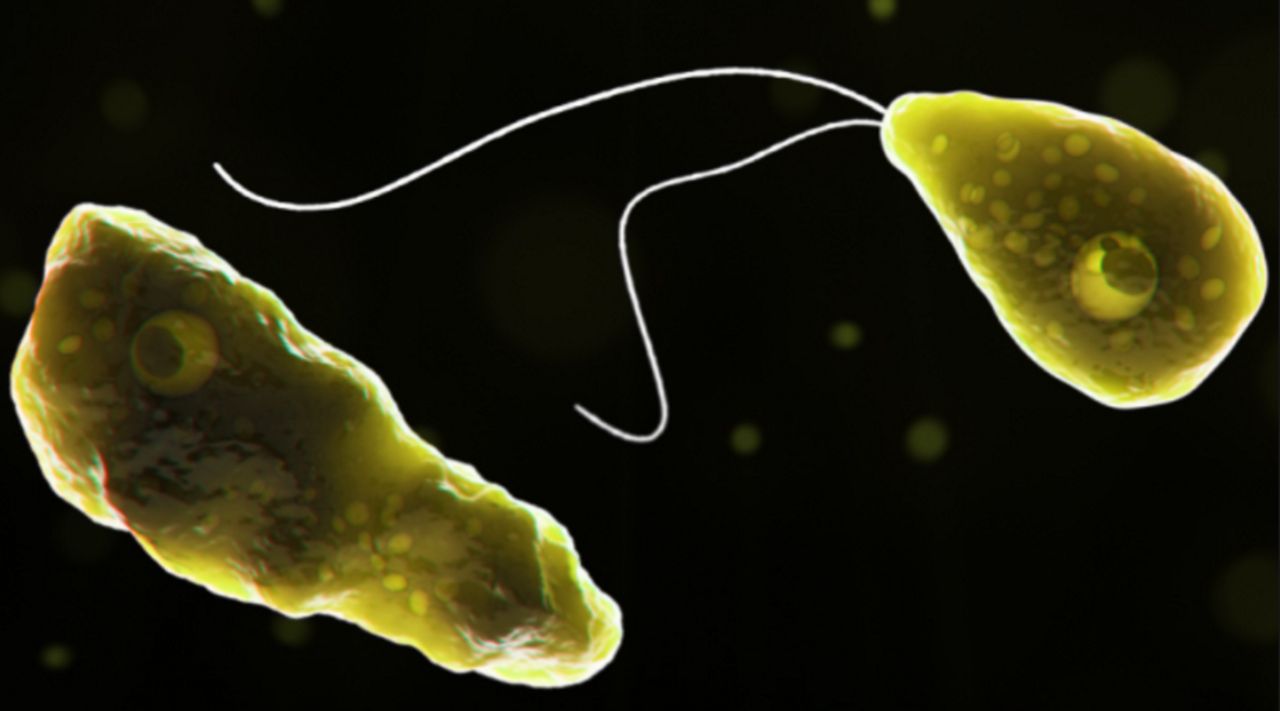JEFFERSON CITY, Mo. – A Missouri resident has contracted a rare brain infection caused by an amoeba found in warm freshwater. It is the state’s first confirmed case in 35 years.
The Missouri Department of Health and Senior Services (DHSS) says it is working closely with health officials in Iowa after the resident was potentially exposed while swimming at a beach in Taylor County. The Iowa Department of Public Health (IDPH) said it is temporarily closing the beach at the Lake of Three Fires while it investigates. The beach is not far from the Missouri/Iowa border.
IDPH says the CDC is testing to confirm if there is a presence of Naegleria fowleri in the lake. It could take several days for the testing to be complete.
Naegleria fowleri is a microscopic single-cell free-living amoeba that can cause a rare life-threatening infection of the brain called primary amebic meningoencephalitis (PAM).
The amoeba is commonly found in warm freshwater such as lakes, rivers, and ponds. DHSS says people become infected by Naegleria fowleri when water containing the amoeba enters the body through the nose from freshwater sources. The Naegleria fowleri amoeba then travels up the nose to the brain where it destroys the brain tissue. This infection cannot be spread from one person to another, and it cannot be contracted by swallowing contaminated water.
“These situations are extremely rare in the United States and in Missouri specifically, but it’s important for people to know that the infection is a possibility so they can seek medical care in a timely manner if related symptoms present,” said Dr. George Turabelidze, Missouri’s state epidemiologist in a press release.
Recreational water users should assume that Naegleria fowleri is present in warm freshwater across the United States; however, infection remains rare.
Since 1962, only 154 known cases have been identified in the United States. The only other case identified among a Missouri resident occurred in 1987. The current Missouri patient is being treated for PAM in an intensive care unit.
People can take actions to reduce the risk of infection by limiting the amount of water going up the nose. These actions could include:
· Hold your nose shut, use nose clips, or keep your head above water when taking part in water-related activities in bodies of warm freshwater.
· Avoid putting your head under the water in hot springs and other untreated thermal waters.
· Avoid water-related activities in warm freshwater during periods of high-water temperature.
· Avoid digging in, or stirring up, the sediment while taking part in water-related activities in shallow, warm freshwater areas.
(These recommendations are best practices but not based on scientific testing since the low numbers of infections make it difficult to show effectiveness.)
Those who experience the following symptoms after swimming in any warm body of water should contact their health care provider immediately as the disease progresses rapidly:
· Severe headache.
· Fever.
· Nausea.
· Vomiting.
· Stiff neck.
· Seizures.
· Altered mental status.
· Hallucinations.



